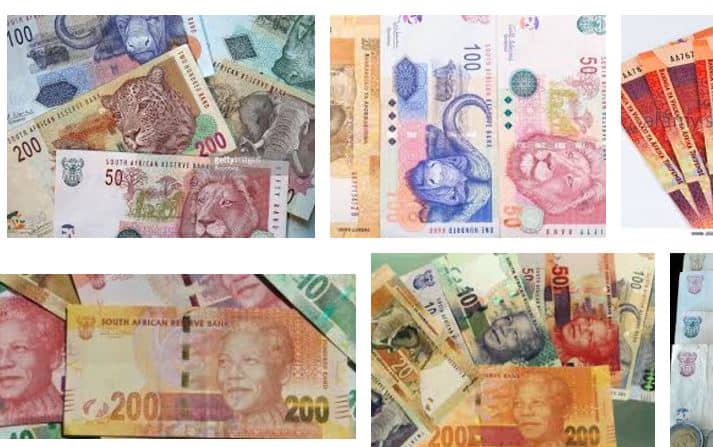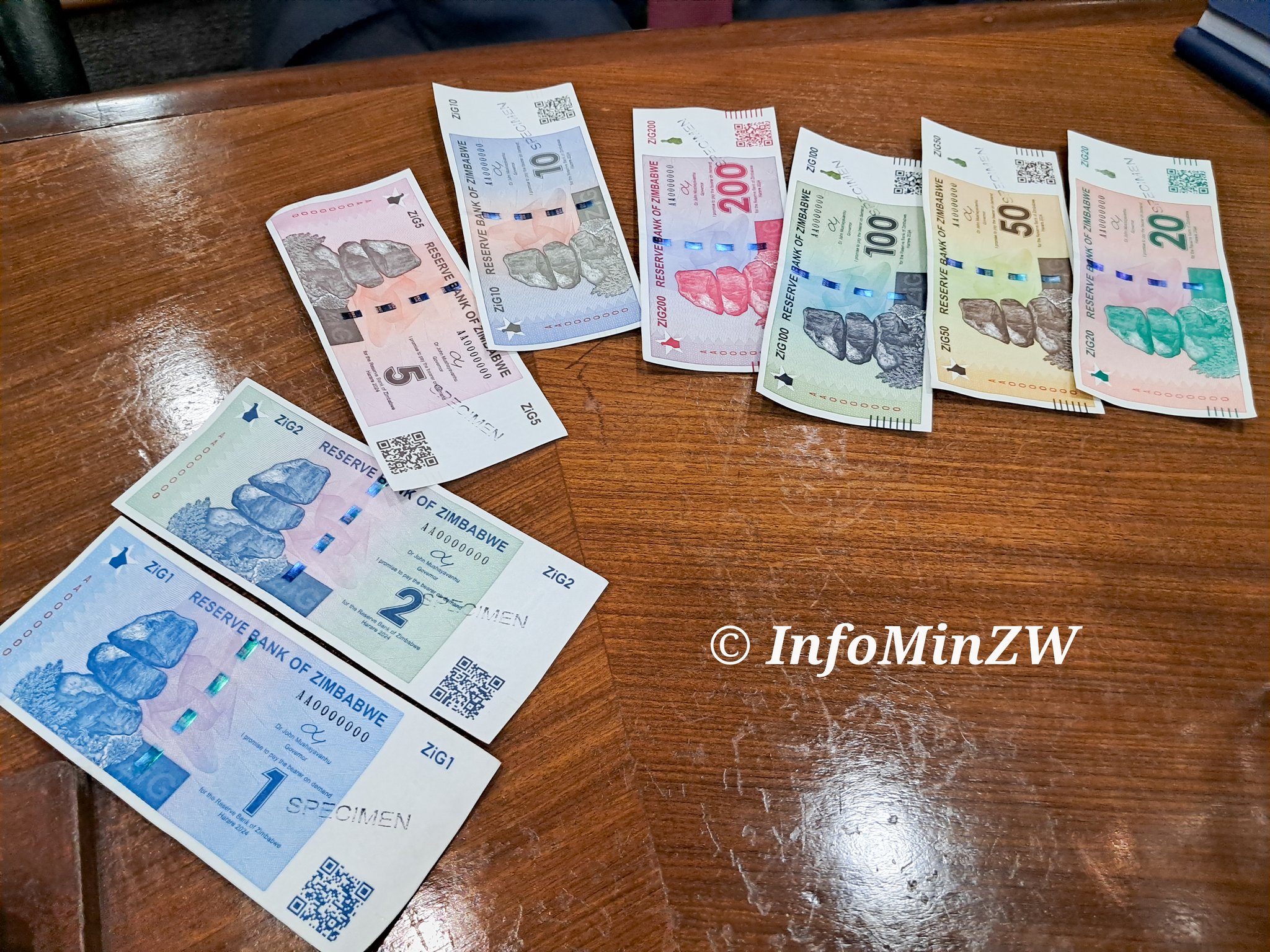Copy trading is a useful tool in currency and stock exchange. It is based on the delegation of financial decisions. Learn the pros and cons of the scheme.
How Copy Trading Works
When we lack experience in a certain field, we seek help from an expert. In the digital markets, where currencies and stocks are traded through special platforms, mistakes may be costly. Fortunately, there are ways to reduce potential risks in Forex trading. This scheme is known as copy trading, as it is essentially based on replication.
Over $6 trillion circulate on the global currency exchange every single day. Local brokers allow you to engage in trading alongside banks, hedge funds, and other big institutions. Although you are provided with all the necessary means and educational material, risks are still inevitable. With copy trading, the issue is partially resolved.

The Core of Copy Trading
Fundamentally, the concept is based on delegation. Your broker connects you to a finance expert – Strategy Manager. This is an experienced trader who offers to help for a fee. If their decisions are profitable, both of you benefit. If they fail, they receive no commission. Hence, they have an objective incentive to do their best.
Forex copy trading is a service used by beginners and veterans of currency and stock exchange. The first group of clients is often afraid of making costly mistakes due to a lack of experience. Those who have already been trading for a while may resort to copied trades when they have no time to analyze the current market.
General Procedures for Connection
The Strategy Manager may be chosen based on ratings on the broker’s website. These are compiled according to their performance and reviews from clients. This way, you may compare the details and choose a candidate who is most likely to succeed.
Once you inform the broker of your decision, your account and the account of the expert will be connected. Here, certain limitations may apply to the size of funds you may delegate for copy trading. For example, this may be set as 20% of your balance. It is wise to start small and gradually increase the amount the expert is trusted with.
After the connection is established, all open trades active on your Strategy Manager’s account are replicated in your account. The same then applies to all of their subsequent actions. In substance, this looks as if you were pursuing the same strategy to the letter.
A client may follow the trading activity closely and manage it if they like. For instance, individual trades may be canceled. If the copied expert fails to meet your expectations, you have the right to terminate the scheme with no fee paid.
Main Stages Explained
After you pick the candidate, you need to make sure there is an adequate amount in your account. This may require additional depositing. Copying of positions will be entirely automatic. If profit is made, you cash in, rewarding the expert with a fee.
How can this be applied to real numbers? Here is one of the existing scenarios for currency exchange. If you trust the Strategy Manager with $1,000, and their trades bring $500 in profit, you will receive 90% — $450. The remainder (10% — $50) is paid as a reward. The former is paid only if copied trades are profitable.
Completely Risk-Proof?
Any form of investment, whether it is physical or digital assets, carries inherent risks. These may not be eliminated completely. Therefore, no broker will advertise copy trading as a sure way to decrease your risks to zero.
Naturally, the more experienced you are, the more likely the profits. However, as gains are based on value dynamics, even veterans may take unprofitable decisions. Fortunately, clients have ways to manage their relationship with copied traders.
First, you can easily monitor all the copied actions and cancel separate trades as you see fit. Secondly, the connection may be severed altogether if you consider their performance unsatisfactory. Thirdly, the trader you replicate does not receive any reward in the event of losses. This is because the commission is usually paid from the profit gained.
Another piece of advice is to use a number of copied traders, thereby diversifying your scheme. The same logic applies to portfolio diversification: the more financial instruments you trade, the higher the potential returns and the lower the overall risks.
zwnews business















